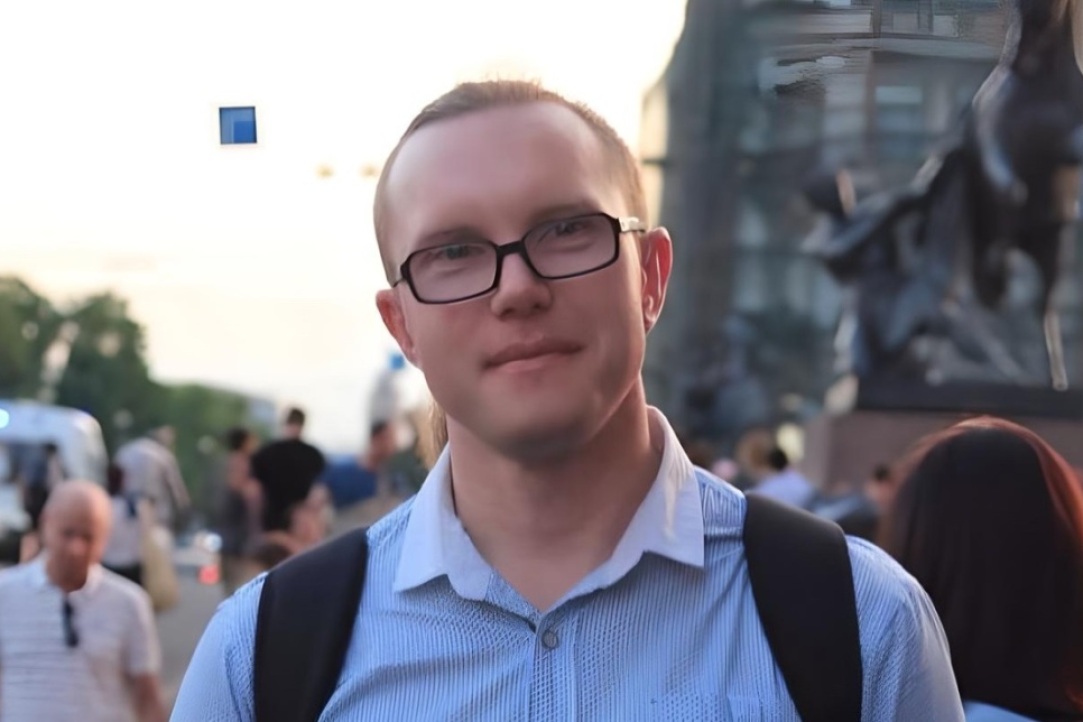Data is like the new electricity
Dmitry Rudenko answered questions about education and science

Dmitry Rudenko is an Associate Professor of the Department of Economics at the School of Economics and Management of the National Research University Higher School of Economics (St. Petersburg). Dmitry has two higher educations: in 2005, he simultaneously graduated from Tyumen State University, receiving doplomas as “Economist” and “Interpreter in the field of professional communication.” In 2008, Dmitry successfully defended his PhD thesis in economics, and is currently preparing to defend his doctoral dissertation.
For a long time he worked as an associate professor at Tyumen State University, held the positions of deputy director for research at the Financial and Economic Institute and head of the department of international economics at the Tyumen State Academy of World Economics, Management and Law, and in 2019 he joined the HSE team.
Prof. Rudenko, do you consider it important for students to independently work outside of seminars and lectures?
Independent work is an essential part of learning. In the leading universities of the world, it is absolutely impossible to pass the exam without it. Students have to read a lot and do a lot of assignments.You are currently working on your doctoral dissertation. Please tell us what it will be about and what is the most difficult thing in preparing such a serious study?
Idea. You need to find a very interesting topic and clearly formulate your research question. At the moment I have just started working on my dissertation, I do not have a single topic, rather I am working on several topics as I have to submit a minimum of three completed articles or preprints. The general theme can be formulated as follows: “Essays in Economics of Poverty”. I plan to consider issues of poverty measurement methodology, the impact of poverty on education or health status.Do you think it is important to read scientific articles for seminars and an interactive way of conducting classes?
It depends on the program. For some disciplines, it is more important to solve practical cases. At HSE, most subjects focus on research, so reading, writing, and discussing existing articles is absolutely necessary.Was it easy for you to teach in the Master's program “International Business in the Asia-Pacific Region”?
The job of a teacher cannot be called easy. The students in this program have very different backgrounds and experiences, and I had to take that into account. But for me personally, teaching in the program was a pleasure. International Economics and Trade is my favorite subject and I am very pleased with the results and student feedback.How do you manage to maintain motivation in your professional activities?
Do what you like and let your work become your hobby.Is the use of computer models for economic forecasts relevant now, in your opinion?
Absolutely. Although it depends on the model, data is now like the new electricity.You published an article in a List A journal (2023-2024), could you tell us what kind of article it is? what is she talking about?
This article is from the field of energy economics, I study energy intensity or the amount of energy consumed per unit of GDP in Indonesia. I provide analysis of trends, challenges and potential solutions related to Indonesia's energy intensity, as well as the implications for the country's economic development and sustainability, providing recommendations for policymakers and stakeholders to improve energy efficiency and reduce energy intensity in Indonesia.What do you advise to young researchers: should they publish in foreign journals in English or should they start with Russian journals?
It all depends on the particular young researcher; for some, like me, it is much easier to immediately write a text in English and try to publish it in a foreign publication. If the object of research is the Asia-Pacific region, then I would immediately try to look for the possibility of publication in a good foreign publication. Oddly enough, it is my article about Indonesia that is actively cited by researchers from other countries, while the work about Russia is not so interesting.What books would you recommend as mandatory reading for students?
It is very difficult to choose something specific; I advise foreign students to read E. Zamyatin’s “We” or M. Bulgakov’s “The White Guard”. From popular science literature, I would like to note L. Zingales and R. Rajan “Saving Capitalism from the Capitalists”, W. Easterly “In Search of Growth” or B. Eichengreen “Exorbitant Privilege. The Rise and Fall of the Dollar."

